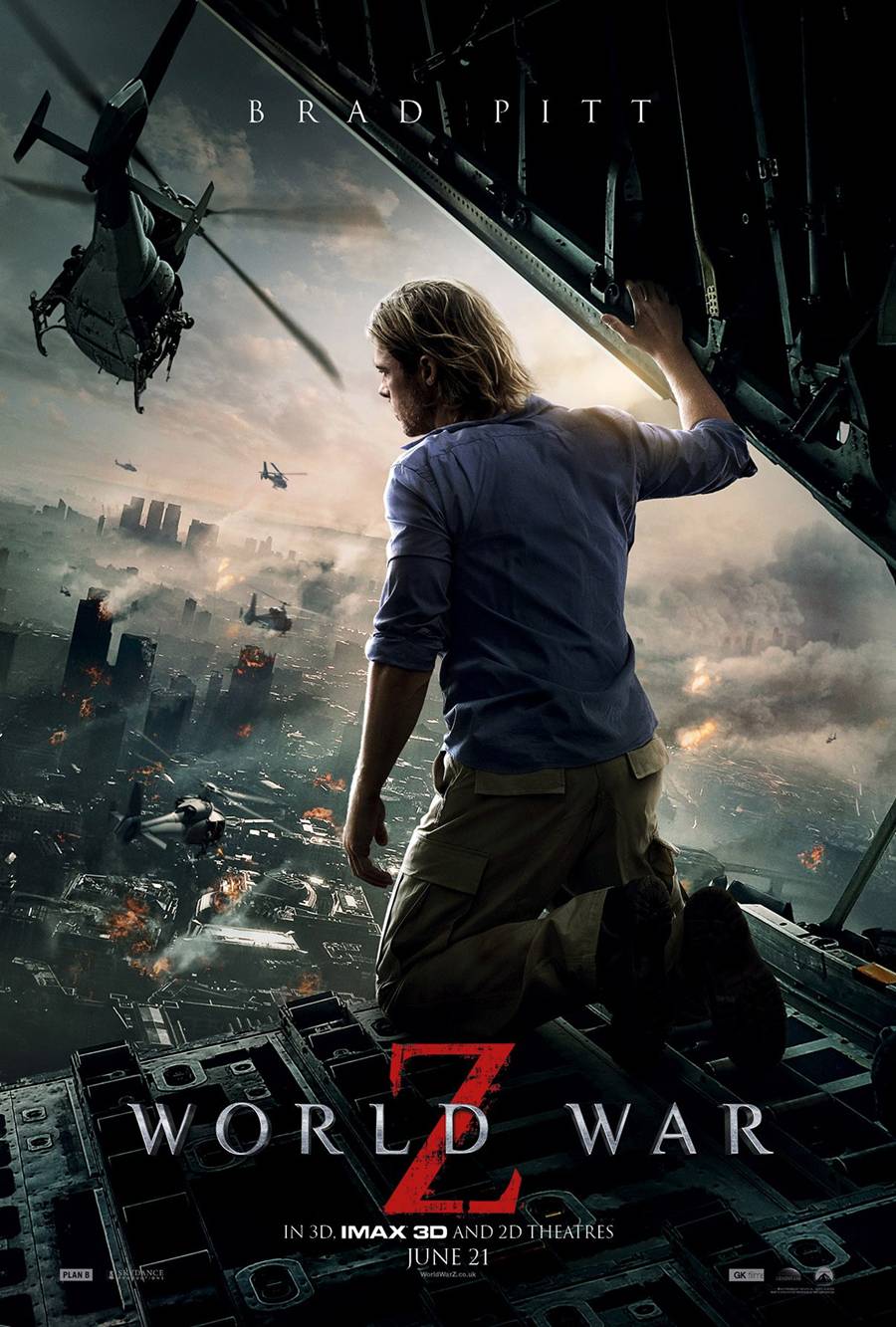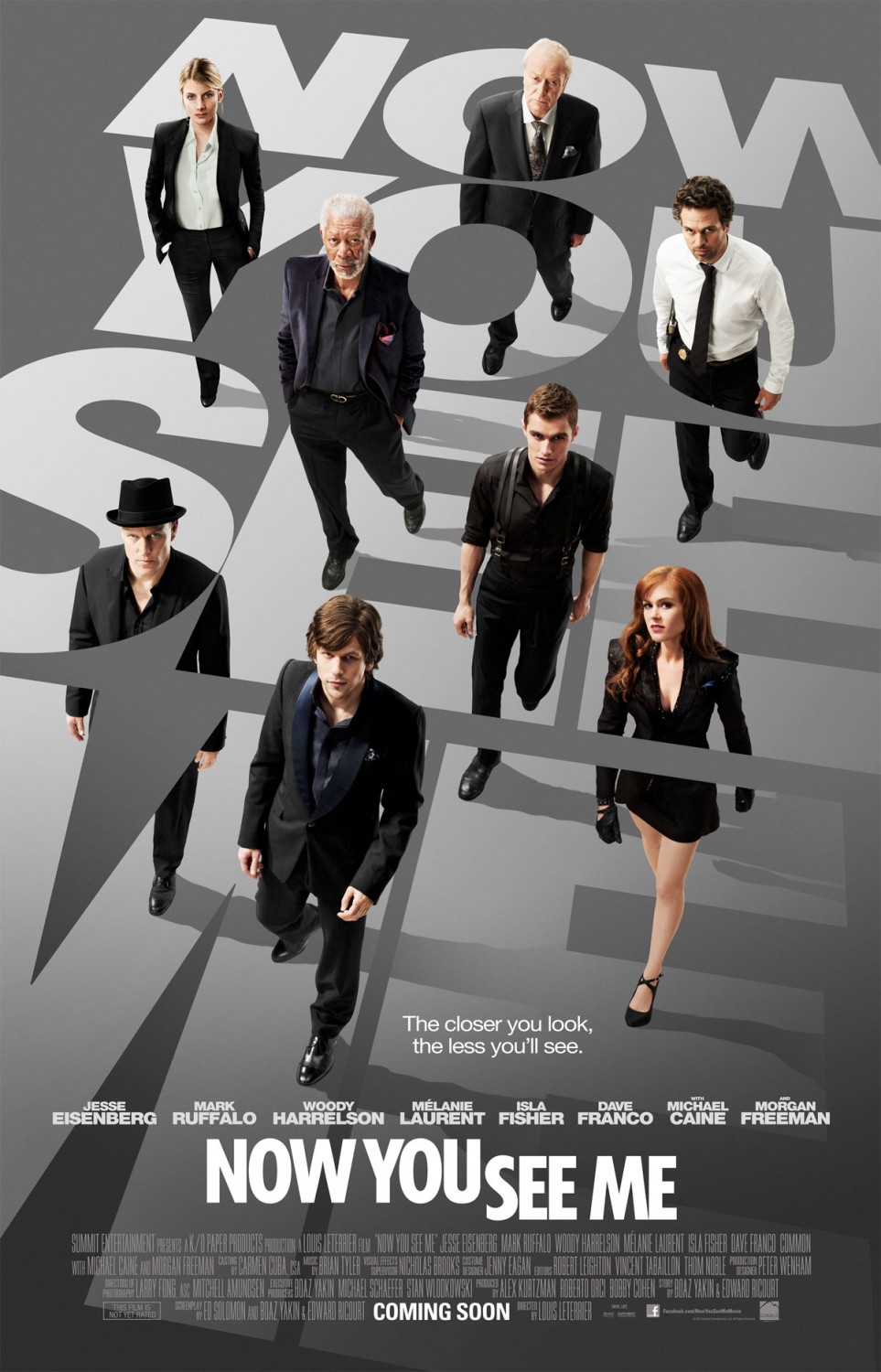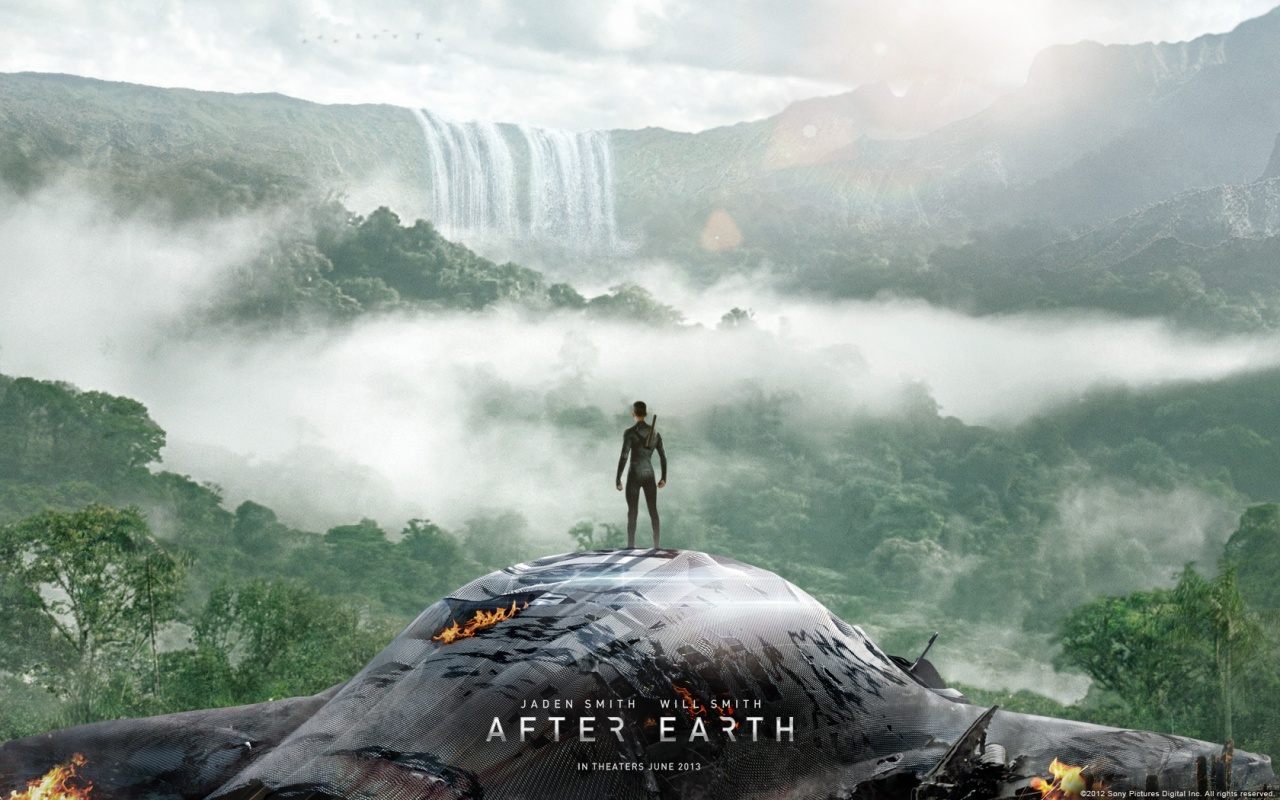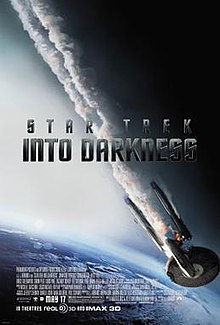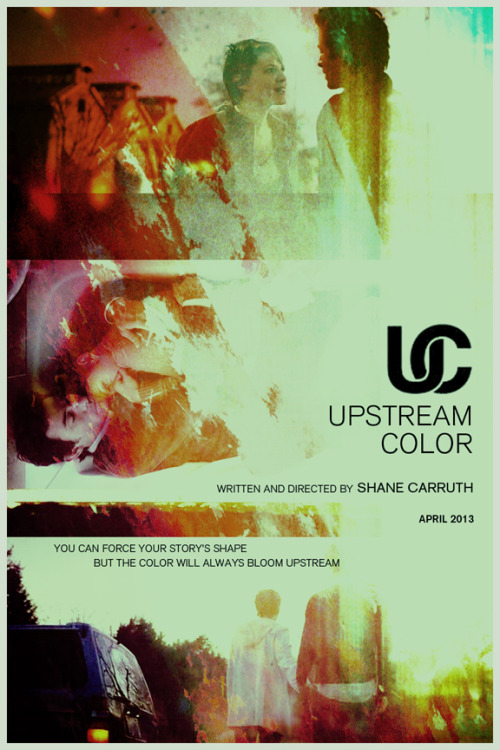The Hit
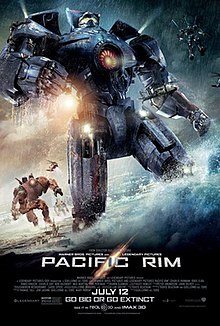 Considering the success of the (ugh) Transformers series, I'm honestly shocked at the reception for Guillermo del Toro's latest. The premise of giant alien monsters being fought by human piloted giant robots is one that we've all probably thought up, most likely during our childhoods. I can remember playing out epic scale fantasies in my room, even imagining camera angles and special effects. Yes, other kids were going on their first dates while people like me and Mr. del Toro were thinking up monster battles.
Considering the success of the (ugh) Transformers series, I'm honestly shocked at the reception for Guillermo del Toro's latest. The premise of giant alien monsters being fought by human piloted giant robots is one that we've all probably thought up, most likely during our childhoods. I can remember playing out epic scale fantasies in my room, even imagining camera angles and special effects. Yes, other kids were going on their first dates while people like me and Mr. del Toro were thinking up monster battles.And when a movie like Pacific Rim finally comes along? You go see Grown Ups 2. Shame.
On the wikipedia page for the movie, it's mentioned that del Toro wanted to capture the same sense of awe that Goya's The Colossus instills. The painting is absolutely breathtaking, and when the fights do happen between the bots and monsters, I get chills.
The huge creatures and machines, contrasted against building and people, put me in the same kind of anxiety I get when driving next to a skyscraper. When fighting, we get a sense of weight and depth - real world rules applied to insane scenarios. People and cities are in genuine peril, creating genuine heroes out of the pilots and crewmen. Unlike in some recent superhero films, there is no time for brooding emotions or doubt; you must get the job done, or people will die. Simple and to the point.
Pacific Rim is a fresh reminder of all the fun that cinema can and should be. It's story is simple, it's effects are complex and it's mission to entertain is 100% fulfilled. Well, for those that saw it, anyways. If it doesn't have Adam Sandler in it, why bother, right? Pfft.
5/5 *s
The Miss
Considering the success of the Men in Black series, I'm not surprised that Hollywood took a chance on a movie about afterlife cops. I AM surprised, however, that lead actor Ryan Reynolds was also an executive producer of this film, putting on him a level of responsibility for the final product, with emphasis on product.
 With a story about a dead cop getting recruited for an organization of deceased policemen called the Rest In Peace Department - who arrest and erase non compliant souls called "dead-os" - R.I.P.D. should've been a fun mix of Beetlejuice and the Will Smith / Tommy Lee Jones buddy cop alien movies mentioned above. Instead, and perhaps not surprisingly, it's just a mess. A mess that asks for a 3D surcharge.
With a story about a dead cop getting recruited for an organization of deceased policemen called the Rest In Peace Department - who arrest and erase non compliant souls called "dead-os" - R.I.P.D. should've been a fun mix of Beetlejuice and the Will Smith / Tommy Lee Jones buddy cop alien movies mentioned above. Instead, and perhaps not surprisingly, it's just a mess. A mess that asks for a 3D surcharge.Lame jokes at inappropriate times, twists that felt obvious and unnecessary, a most formulaic formula and an "I could care less" atmosphere, the movie screams like an assembly line production. The powers that be took the source material, watched a MIB II (I'm guessing), and said "Let's mesh them together! Money!" They got a noname director (sorry) who wouldn't ruffle any feathers, demanded that this be a "movie for everyone" and wrote a check.
Poor Ryan Reynolds; he pulled another Green Lantern. Just let him do a Deadpool film already.
 The film ends with Mary Louise Parker putting the end of Jeff Bridges' beard in her mouth and biting it. It
The film ends with Mary Louise Parker putting the end of Jeff Bridges' beard in her mouth and biting it. It was the last visual I caught before feeling the dry heaves. Earlier today, I debated buying American cheese product, but I won't debate rewatching THIS product. The answer will be a no.
1/5 *s


